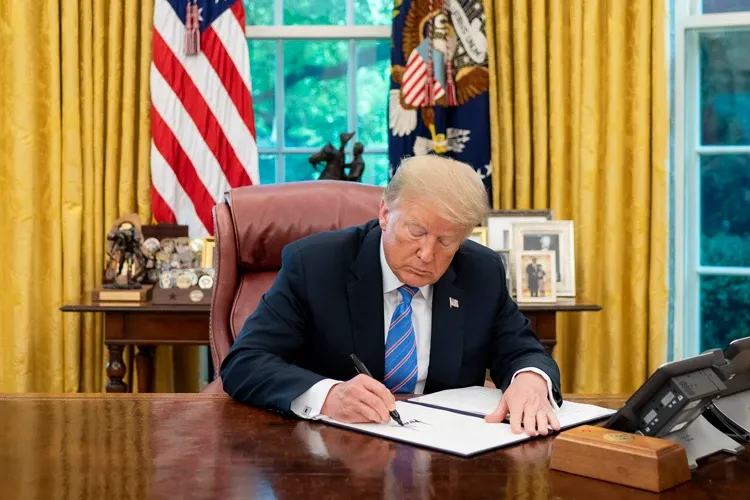The Trump administration has begun terminating legal status for roughly 530,000 individuals from Cuba, Haiti, Nicaragua, and Venezuela, urging them to promptly self-deport.
These foreigners previously received work permits and deportation protection through a Biden-era humanitarian parole program that started in 2022, allowing up to 30,000 migrants monthly from these nations to enter the country.
But the program faced temporary suspension last summer following widespread fraud issues and system exploitation. Department of Homeland Security officials emphasized their return to policies prioritizing American interests.
“Ending the CHNV parole programs, as well as the paroles of those who exploited it, will be a necessary return to common-sense policies, a return to public safety, and a return to America First,” Department of Homeland Security Assistant Secretary Tricia McLaughlin said in the announcement of the move.
The reversal of the policy comes after the Supreme Court upheld President Donald Trump’s authority to cancel the program, a decision that reinforces the administration’s stricter approach toward immigration enforcement.
The foreigners affected by the termination have been instructed to use the CBP Home mobile app for self-deportation procedures. Those complying with departure requirements are eligible for certain benefits, such as a $1,000 exit bonus upon arrival to their country of origin.
This policy shift reflected the administration’s commitment to enforcing federal immigration laws, the White House said, while also addressing challenges created by open border policies from the previous administration.




